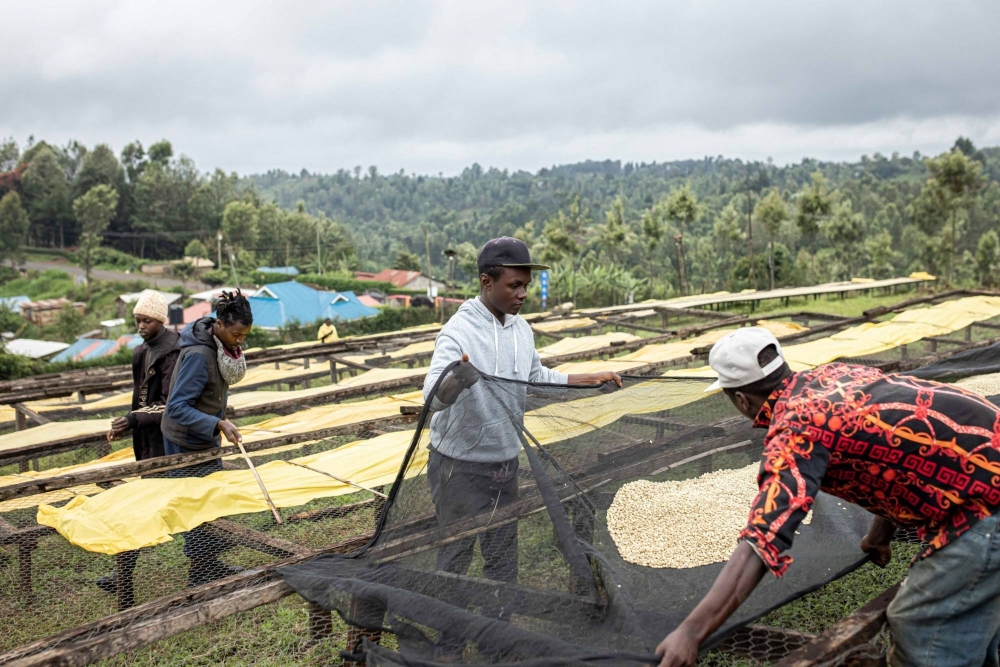Coffee prices have soared in recent years, owing to unfavorable weather conditions and supply shortages in major producing countries like Brazil, India and Vietnam. But even if consumers are paying more for their daily cup, coffee farmers are seeing little of the gain because they lack sufficient bargaining power.
Since the 1950s, coffee has been among the world’s most-traded commodities — at one point, it ranked second behind oil — and many governments regard it as a strategic good. But not all coffee trade is created equal.
Countries in the Global South export low-value-added unprocessed coffee — raw beans, and dried and seedless coffee — with Brazil, Columbia, Vietnam, Indonesia and Ethiopia controlling a combined market share of about 70%. Countries in the Global North dominate exports of higher-value-added processed coffee — such as roasted beans and instant coffee — with Switzerland, Germany, Italy, France and the Netherlands accounting for 70% of the market. Moreover, the coffee sector is dominated by just three developed-country firms — Nestle, Starbucks and JDE Peet — which together account for 77.7% of the total revenues of the sector’s 10 biggest players.

